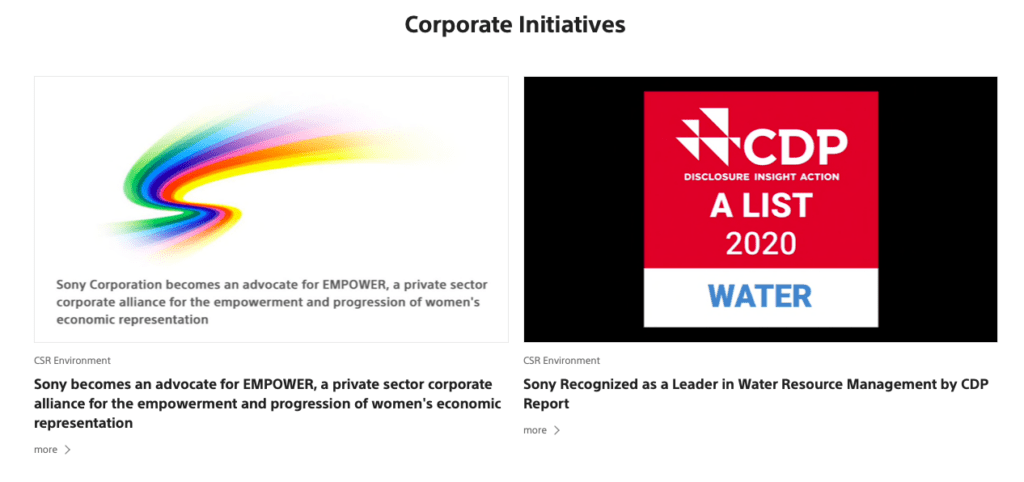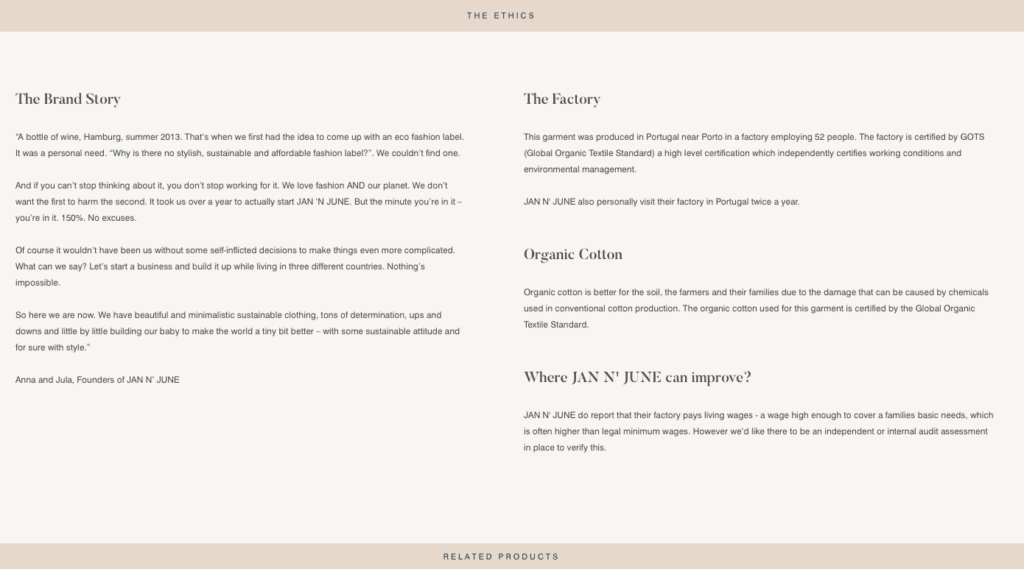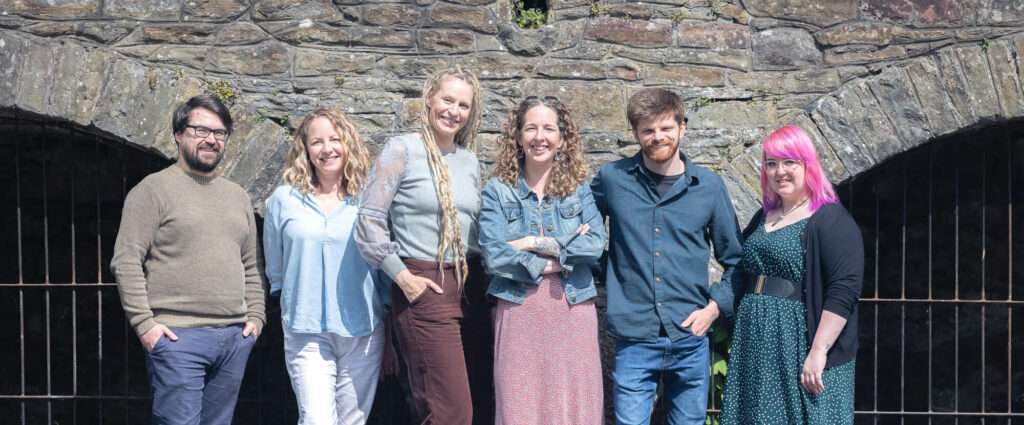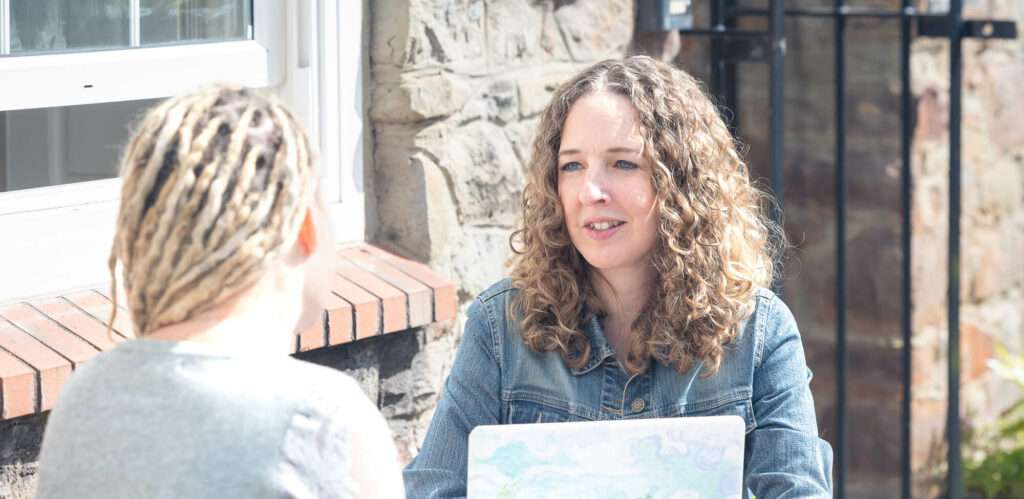

How 5 successful organisations demonstrate they’re experts in their field
Do you have to wait for your reputation to rise or is there a way to establish your expertise right out of the gate? Our #WriterInResidence, Sam Whitlock, looks at five businesses that impress their expertise on you from first glance.
Typically, you will trust the opinion of only two types of people: people you know personally, and people who are established as experts. Whether it’s your go-to mechanic or marketing guru, your trusted financial body or film critic, your software developer or your camera manufacturer, you’re unlikely to want anything less than an expert.
As a business, if you play your ‘expert’ card right, you can find it easier to win sales, loyalty and opportunity with those who haven’t got you on their radar yet.
I should mention, demonstrating you’re an expert in your field isn’t right for every business. You don’t need to be a thought leader to sell toilet paper, for instance. Or if you’re Coca Cola, you don’t need to be the sommelier of fizzy drinks, you only need to be ‘the thing that everyone wants’.
But if you’re reading this, you’re probably looking to do more than make your next hard sell. So let’s look at some companies that are experts at demonstrating their expertise.
Sony

What Sony gets right from the get go is that although they are primarily an electronics company, they don’t spend much time talking about microchips and wiring.
If you check out Sony’s corporate site, they use stories to catch the eyes of investors, partners and talent. There are stories about using robotics to fuel creativity in Michelin cooking, using AI to analyse the movements of professional ping pong players, or using Sony’s new cinema camera to capture the perfect getaway in a Hollywood blockbuster.
They’re not primarily trying to establish themselves as hardware people, or even design people. Sony has cut out a piece of the market that aligns with their self-stated purpose: to fill the world with emotion through the power of creativity and technology. They’ve married tech expertise with the ability to inspire emotion – and it works.
Fjallraven

Fjallraven makes backpacks, outdoor clothing and just about everything you need for your next hike. Although they probably know a little about looking good, and a fair bit more about outdoor pursuits in general, hiking is where they’ve chosen to hammer home their street cred (or maybe it’s mountain cred).

If you browse their ‘stories from the trail’ you’ll find location guides, tales told by trekkers and advice on how to camp in the tundra. There are a few pointers on the kind of outdoor wear you might want to take with you – but it’s not the be all and end all here.
Fjallraven wants to make clear: they don’t just understand materials and backpacks. They understand what it’s like to be on the trail, chasing adventure. When you read their articles, they come across as explorers who learned through experience the kind of kit hikers need. They’re not trying too hard to be Bear Grylls, nor do they sound like Mountain Warehouse simply trying to sell you another jacket. Fjallraven pitch it just right.
MoneySavingExpert

Expert is in their name but it’s also the essence of what this company does. While this one-stop-knowledge-shop is in some ways the gold standard for demonstrating expertise, it requires serious commitment to imitate. A build-the-basis-of-your-business-on-it kind of commitment.
While MoneySavingExpert is chock full of the information their audience is looking for – from how-to’s, to recommendations, to comprehensive guides – the scope of their content turns their site into a journal or magazine.
If businesses put their nose to the grindstone, they might be able to put out a blog post or two each week but unless they can hire their own inhouse editorial team, they’re not going to become a knowledge shop in the same sense as TechRadar, Which? or MoneySavingExpert.
So what should you aim for then? Well, if you’re trying to focus on a subject as broad as saving money, you’re likely to be overshadowed by giants in the field. But if you can settle on a narrower niche of expertise and share consistently on that theme, you will begin to establish your own place in customers’ minds.
FoundHea

FoundHea is a Bristol-based ethical clothing shop that established itself as an expert through research and curation.
It’s not just that they’re really picky with their inventory. On every product page they lay out exactly what each brand is achieving from an ethical standpoint – and even go out of their way to tell you how those brands could make improvements.
This transparency and unfiltered criticism goes a long way. FoundHea doesn’t come across simply as a more ethical place to shop but as an authority on ethical clothing standards.
Mr B’s Emporium

‘Opinionated bookselling’ is what Mr B’s Emporium offers and while few people want anyone’s opinion, an expert opinion is a commodity worth capitalising on. And Mr B’s do it with gusto.
For a start, they bet on their opinions enough that they sell surprise recommended reads, in which you have no idea what you’re ordering except for it’s genre. Or you can go a step further and subscribe to be sent a book each month based upon your reading tastes, which Mr B’s gets a feel for by having a short consultation with you.
Looking towards their content, you can find recommendations from every member of their team online. You can read articles and listen to podcasts that highlight books from particular genres or that tackle certain topics. Mr B’s even produce their own catalogue each year to draw attention to the 101 books they most recommend.
In everything they do, they’re selling their knowledge. And the upshot of it is: you might not judge a book by its cover but you can judge it by Mr B’s recommendation.









